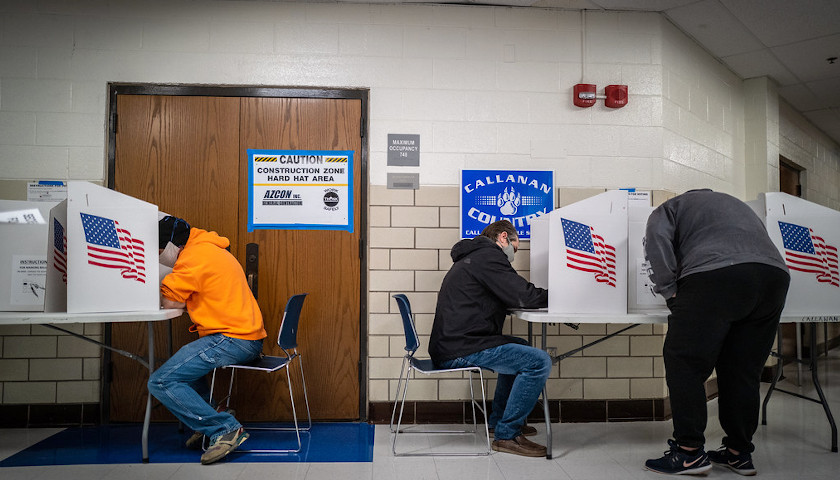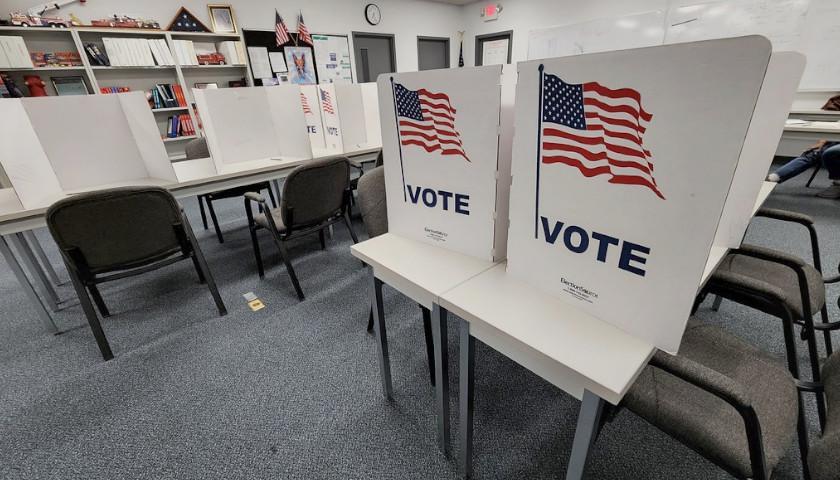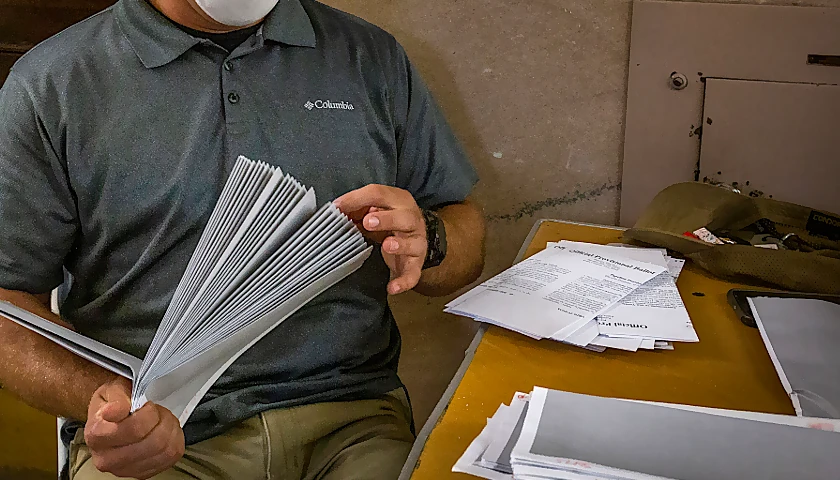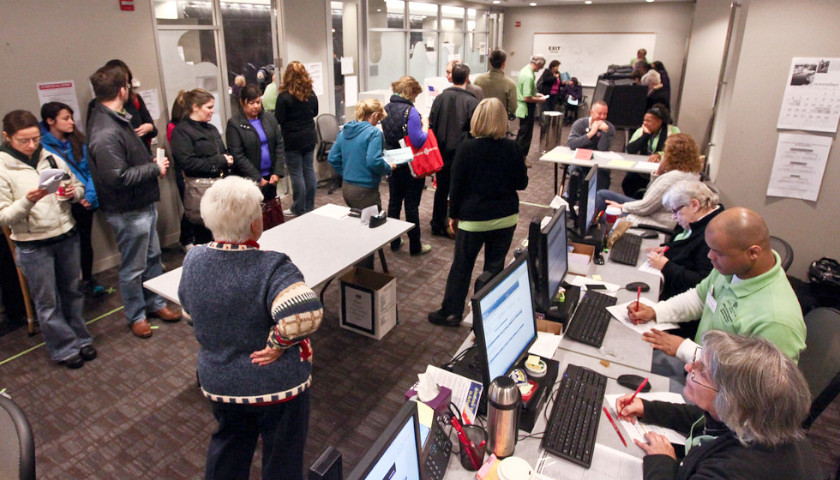The Gadsden County Supervisor of Elections and the Florida Department of State have initiated an investigation into possible voter fraud related to 23 voters. The investigation is reviewing the votes cast by four sexual predators and 19 sex offenders in the 2020 Gadsden County General Election.
The investigation was first reported by The Gadsden County Times.
Voting records indicate 19 of the 23 voters under investigation were registered as Democrats. Three were registered with no party affiliation, and one was registered as a Republican. Also, public records reveal that 10 voted via absentee ballots, seven early-voted, and six voted in person.
The allegations are similar to other situations across the state. For example, The Florida Capital Star recently reported about felons voting in Leon County, which borders Gadsden County to the west.
Leon County Supervisor of Elections Mark Earley told The Capital Star that he started the process of removing seven felons from the Leon County voter registration system. Earley noted that all seven voted in the 2020 general election.
The voters were discovered by a private citizen who forwarded 12 names to Earley’s office. Earley told The Capital Star that after research by his office it was determined that seven of the voters were convicted sex offenders and should not have been allowed to register to vote.
Also, Lake County Supervisor of Elections Alan Hays recently revealed that six cases of voter fraud have been sent to the state attorney’s office for review. Hays, in an email to a concerned citizen, said we “need to encourage the State to improve their notification process so the counties will be notified promptly upon sentencing being handed down.”
The Gadsden County investigation comes amid a number of other voting issues reported across Florida.
The Miami-Dade State Attorney’s Office is looking into allegations that North Miami voters were receiving help in completing ballots in voting booths from election officials and other government employees. The findings were first reported by The Miami Herald.
The Tampa Bay Times, reporting on fraudulent petition forms, wrote that “Florida could be in the midst of one of the largest cases of election-related fraud in recent history”
And Manuel Diaz, the chair of the Democratic Party, sent a letter to Florida’s Secretary of State on February 3 seeking an investigation into allegations that voters were unknowingly having their voter registrations changed from Democrat to Republican.
Diaz added, “I trust that you are as alarmed as I am by these reports and will uphold your duty as Chief Elections Officer of the State of Florida by ensuring that Florida seniors are not duped or taken advantage of by third-party voter registration organizations.”
Secretary of State Laurel Lee responded to Diaz’s request on Twitter by stating, “Reports like this are why the Ofc of Election Crimes & Security proposed by @GovRonDeSantis is a big step forward for protecting voters in Florida. We want to review ALL claims and ensure that those engaged in elections activity in Florida follow the law.”
Lee was referencing Senate Bill 524, which creates a 15-member “Office of Election Crimes and Security” and enlists Florida Department of Law Enforcement officers to investigate allegations — even anonymous ones left on tip lines — of election irregularities.
The bill also dictates how election officials should scrub their voter-registration rolls, commissions a state-level study of how to distribute and collect vote-by-mail ballots, prohibits election officials from accepting grants to help them administer elections, bans ranked-choice voting, and raises the penalty for voter-registration organization errors (charged at $250 per violation) from a cap of $1,000 to a cap of $50,000.
The bill passed the Senate Appropriations Committee on Thursday and is headed to the Senate floor.
– – –
Steve Stewart is a senior contributor at The Florida Capital Star. Email tips to [email protected].
Photo “election day” by Phil Roeder CC BY 2.0.





